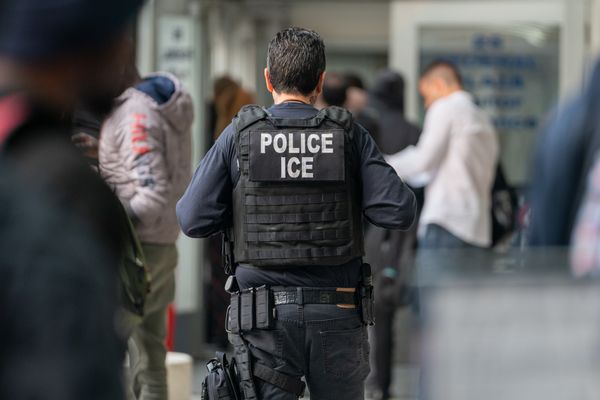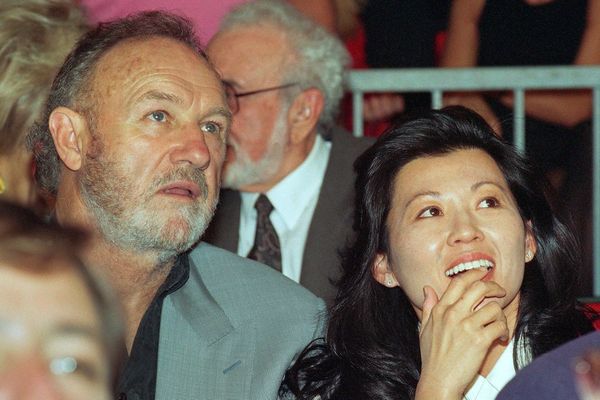
Activists say inmates have taken control of Venezuela’s most notorious political prison – the El Helicoide facility in Caracas – on the eve of a highly controversial presidential election that opponents have denounced as a fraud.
With Sunday’s vote – which the US, EU and Latin American nations including Brazil, Colombia and Mexico have branded “illegitimate” – just days away, President Nicolás Maduro on Wednesday vowed to bring a “historic economic revolution” to his crisis-stricken nation if handed a second term.
But Maduro’s comments were overshadowed by reports of a major disturbance at El Helicoide, an iconic 1950s shopping mall that was converted into the headquarters of Venezuela’s feared spy agency, the Servicio Bolivariano de Inteligencia Nacional (SEBIN), and has become a crumbling symbol of the country’s plunge into economic chaos and authoritarianism.
Roderick Navarro, an exiled Venezuelan activist who said he was in touch with the rebelling inmates, told the Guardian they had taken control of the facility at about 2pm after being enraged by the alleged beating and torture of an incarcerated activist called Gregory Sanabria. “The prisoners got angry and [decided] to stop the situation,” said Navarro, from the group Rumbo Libertad. “They are asking for freedom … they are asking for health care … they are asking for human rights ... they want the aggression and the torture to stop.”
A flurry of videos that were posted on social media and could not be immediately verified purported to show El Helicoide’s inmates fleeing their cells and issuing pleas for outside help.
In one clip an inmate tells the camera: “It’s 3.15 in the afternoon and we are in El Helicode – SEBIN’s torture centre. The political prisoners have peacefully taken control of it ... We are here because we are tired of being tortured.”
In another video a man with a badly swollen face who is identified as Sanabria vows: “We prefer to die with dignity! We prefer to die with pride!”
A third video shows a US citizen, John Holt, who was arrested in Caracas in 2016 and has yet to be tried. “We don’t know what to do,” Holt says. “We need help from the people of Venezuela and also the people of the United States.”
In a Spanish-language tweet, the US embassy in Caracas said it was very concerned about the riot and the wellbeing of Holt and other US citizens. It said: “Venezuela’s government is directly responsible for their safety and we will hold them responsible if anything happens to them.”
Details of the uprising remained hazy on Wednesday evening but Navarro said inmates feared they would face a “brutal attack” as government forces attempted to reclaim control of the prison.







